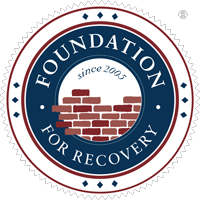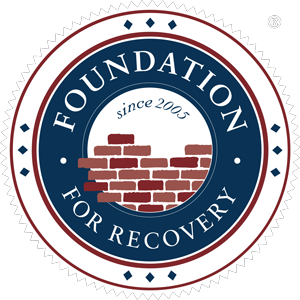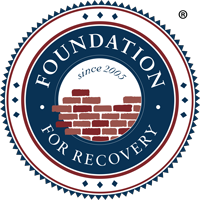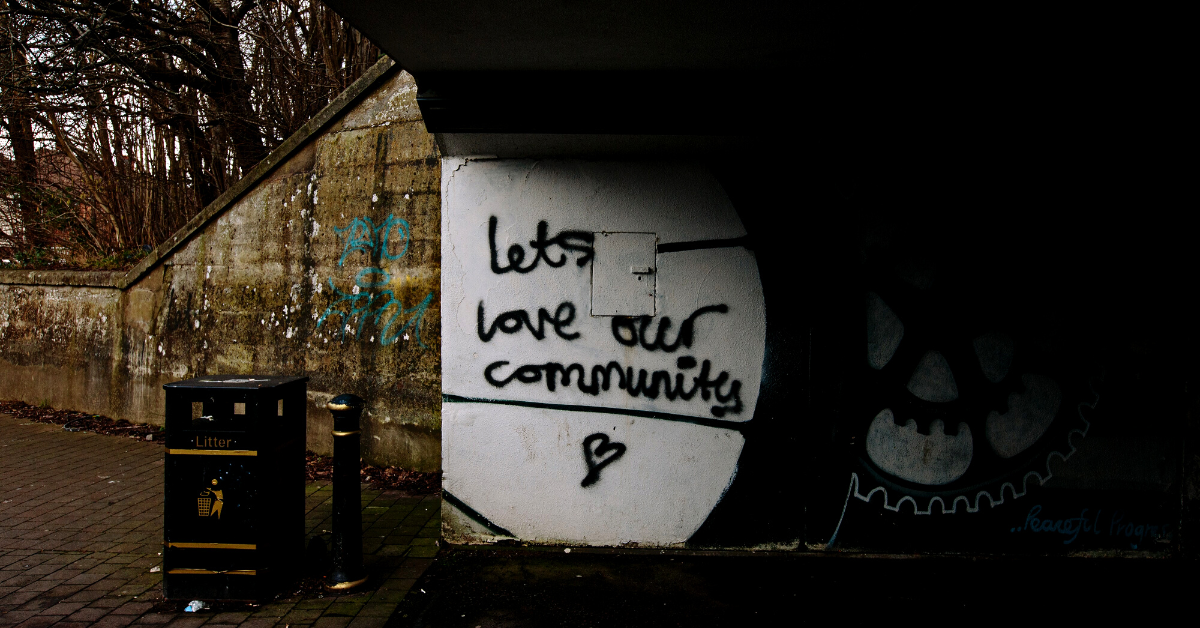Seven Tips for Enjoying a Family Thanksgiving Celebration
How to Get Through Thanksgiving Dinner with Joy and Gratitude
Family gatherings can be difficult. All the emotional baggage and hurt feelings of the past can simmer beneath the surface. If allowed, these feelings can erupt in ugly ways. Here are a few tips to keep calm and help all family members enjoy their Thanksgiving dinner.
1.Do not discuss politics. No one’s mind is going to be changed over dinner, but families can be permanently broken apart. Even if your politically-polarizing relative chides you, politely change the subject. Do not take the bait. There is nothing to be gained by discussing divisive topics.
2.Do something nice for someone else. Show up Wednesday afternoon to help your grandmother put the leaf in the table and get the extra chairs from the attic. Drop off that old coat and knit hat at a collection place on your way to the airport. Make a donation to your local food bank or homeless shelter. One way to bring joy and give thanks for what you have is to help others who may not have the same gifts and blessings.
3.Create a tradition of sharing gratitude. It might sound hokey, but having everyone share something for which they are grateful can sometimes put difficult family relations in perspective. It can also be an ice-breaker for those who are not accustomed to talking about their feelings. Reflecting on your blessings will improve your outlook and your patience.
4.Lock up all medications. Millions of families are dealing with substance misuse and addiction. Unfortunately, Thanksgiving is a time when lots of people are in one place, which gives addicts an opportunity to steal medications. Family members often don’t realize someone is struggling, make sure all medications are locked away and are not accessible.
5.Consider making your event alcohol free. Some people can’t imagine Thanksgiving dinner without alcohol. Others don’t really care one way or another. What is certain is that the more alcohol is involved in holiday gatherings, the more likely there are to be harsh words and broken relationships. Also, if you have someone in your family struggling with addiction or in early recovery, having an alcohol-free event can show your support for their recovery.
6.Don’t judge. OK, so your great uncle is a loudmouth. Your niece’s boyfriend behaves in a way that is entitled, rude, and disrespectful. Your daughter is on some crazy diet and won’t eat anything you slaved over the stove for three days to make. Take a deep breath and remember why you are gathered. Focus on what is good instead of the irritations.
7.Keep the visit brief. You are not required to spend the entire day with your family. If Thanksgiving is difficult, join the family for the meal and perhaps a short chat after and move on. Most people can be pleasant for an hour or two. Spend your time with those you rarely get to see, especially the elderly or ill – and ask them how they are, instead of focusing on you.
Constance Scharff Ph.D.
https://www.psychologytoday.com/us/blog/ending-addiction-good/201711/seven-tips-enjoying-family-thanksgiving-celebration



